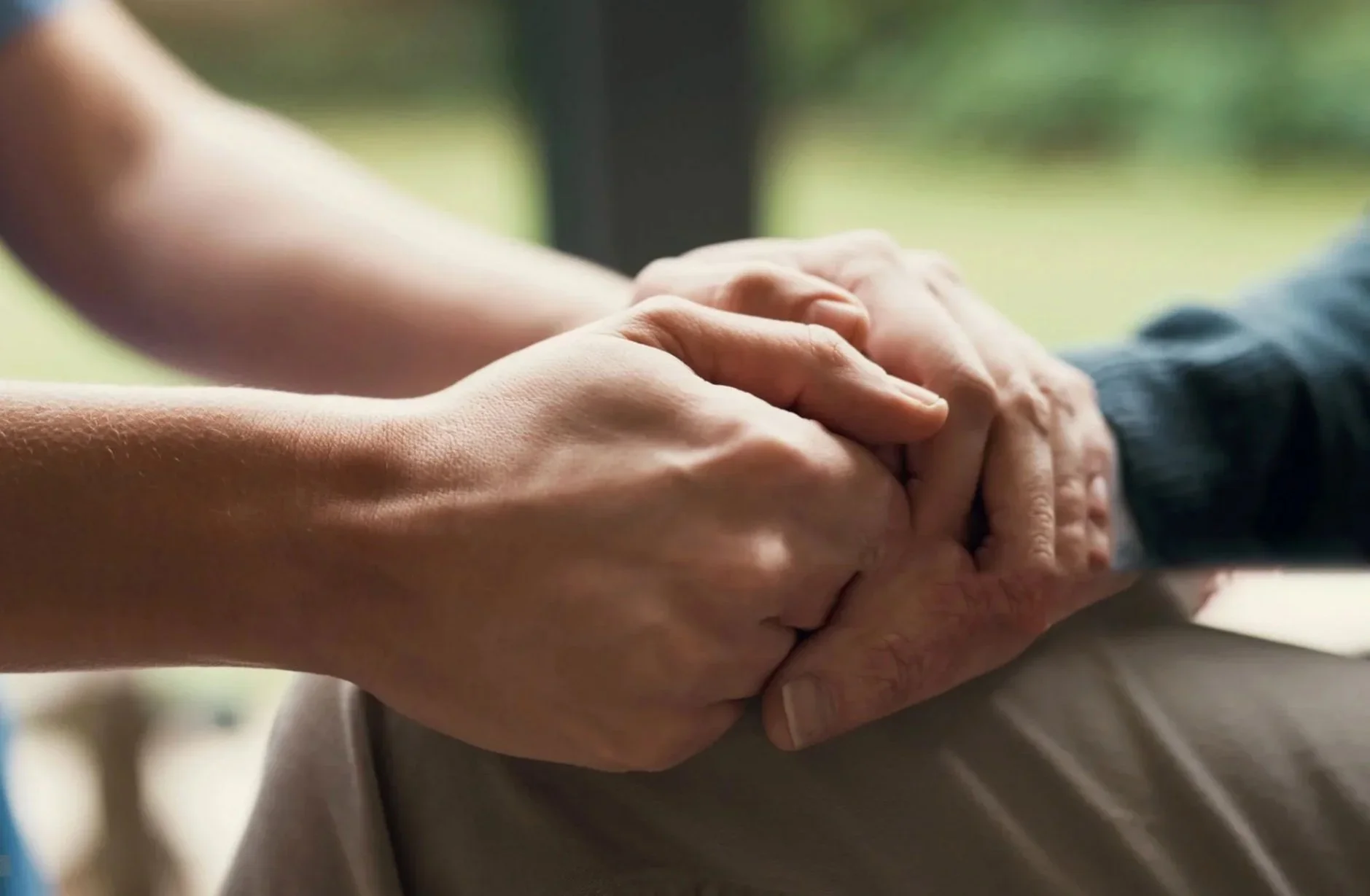How to Cope with Grief - The Benefits of Grief Gardening
Author: Memorials of Distinction
Overview: When you lose someone, the grief will never go away completely — so you may want to know how to cope with grief. Some people find that gardening as they grieve, known as grief gardening, can gently relieve some of the emotional and physical symptoms after the loss of a loved one.
What Is Grief Gardening?
When someone important to us dies, the grief will never go away completely — but there are healthy ways to cope. Some people find that gardening as they grieve, known as ‘grief gardening’, can gently relieve some of the emotional and physical symptoms after the loss of a loved one.
Doctors often prescribe outdoor activities to help patients overcome poor mental health. Numerous studies have found significant benefits from spending up to an hour a day in the garden, including decreasing the stress hormone cortisol, reducing blood pressure and calming nerves.
This is because gardening has many therapeutic benefits; it’s a sensory process of creating and healing, packed with colour, texture and fragrance, rain or shine, with fresh air to blow the cobwebs away. Gardens are both active to work and restful to sit in, helping us to relax and let go, taking a break away from our worries to breathe in nature and become temporarily carefree.
If you don’t have a garden, you can still enjoy gardening by growing plants and flowers on a windowsill or by volunteering in a community garden. And you certainly don’t have to be green fingered; gardening is for everyone.
The winter months, in particular, can be hard when we are grieving, due to the shorter, darker days and the cold weather. If you start gardening in the autumn, you will see the results of a winter garden when you need it most, encouraging you to get outside and get moving, even on a winter’s day. Local wildlife will also be struggling through the winter months, so plan a wildlife garden in autumn.
Some people also make small tributes or memorials to their loved ones in their garden or add plaques to trees, benches or walls.
How Can Gardening Reduce Feelings of Grief?
“To plant a garden is to believe in tomorrow” - Audrey Hepburn.
We never completely get over the loss of a loved one, but the most intense, debilitating feelings, will lessen over time as we learn how to cope. At first it is hard to contemplate the future — and you may not want to. Gardening provides an activity in which you can gently move forwards and experience the best of the world, as you plant seeds, watch things grow, work with the changing seasons, and see the life and death cycle within the natural world.
Gardening will improve your emotional wellbeing and your physical health, both of which will help you to positively work through your grief. You can choose to garden alone if you feel that you need to take a break from other people, or you can include friends and family in your gardening tasks if you need company or support.
The Benefits of Gardening
Emotional wellbeing: Gardening immerses us in the present moment, helping us to reduce shock, anger or sadness and connect us to nature as we feel the earth between our fingers and the sun on our skin.
Social wellbeing: Making connections with others who share an interest in gardening can help reduce social isolation and lessen those feelings of grief and loneliness.
Physical wellbeing: From gentle activities like watering, to more intensive workouts like digging and raking, you will get your body moving and the blood pumping, helping to reduce feelings of sadness or anger.
Grief can never be rushed; it will ebb and flow as memories surface and events come and go. But gardening can help us get through the hardest times by tempering the most overwhelming feelings.
What Are the Benefits of Gardening for Mental Health?
In some cases, grief can add to ongoing mental health issues, or it can lead to them.
Studies have found that gardening can have many benefits for our health, including our mental health, helping to:
✔ Improve concentration
✔ Lower the stress hormone (cortisol)
✔ Increase quality of life
✔ Interrupt harmful ruminations (excessive, intrusive thoughts)
✔ Manage symptoms of depression and anxiety
✔ Lower BMI
Types of mental health problems that can be triggered by grief include:
Stress
Grief gardening can decrease stress in any period of our life and is particularly effective in helping with bereavement because bereavement is considered to be one of the most stressful experiences of life. One recent study indicates that people who garden every day have stress levels 4.2% lower than people who do not garden at all.
Depression
The NHS are increasingly prescribing time in nature to help treat symptoms of depression. Patients with depression are often referred to voluntary organisations for community work including gardening, where they can meet and socialise with others. Incredibly, soil has even been found to contain antidepressant properties — brain cells were activated by bacteria in the soil to produce serotonin. Serotonin is the hormone that stabilises our mood and promotes feelings of contentment.
Anxiety
The loss of someone important can exacerbate existing anxiety disorders, or it can sometimes lead to them. Symptoms of anxiety can include excessive worrying, obsessive negative thought patterns (rumination) and panic attacks.
Gardening provides an opportunity to practice mindfulness (being aware of the present moment to calm a panic attack — grounding us by noticing the colours and smells around us). And research has found that spending time outside in nature can counteract all these symptoms by decreasing neural activity in the subgenual prefrontal cortex (the area of the brain associated with rumination), and increasing emotion regulation.
Produced by Memorials of Distinction whose website can be found here.
Latest Articles






